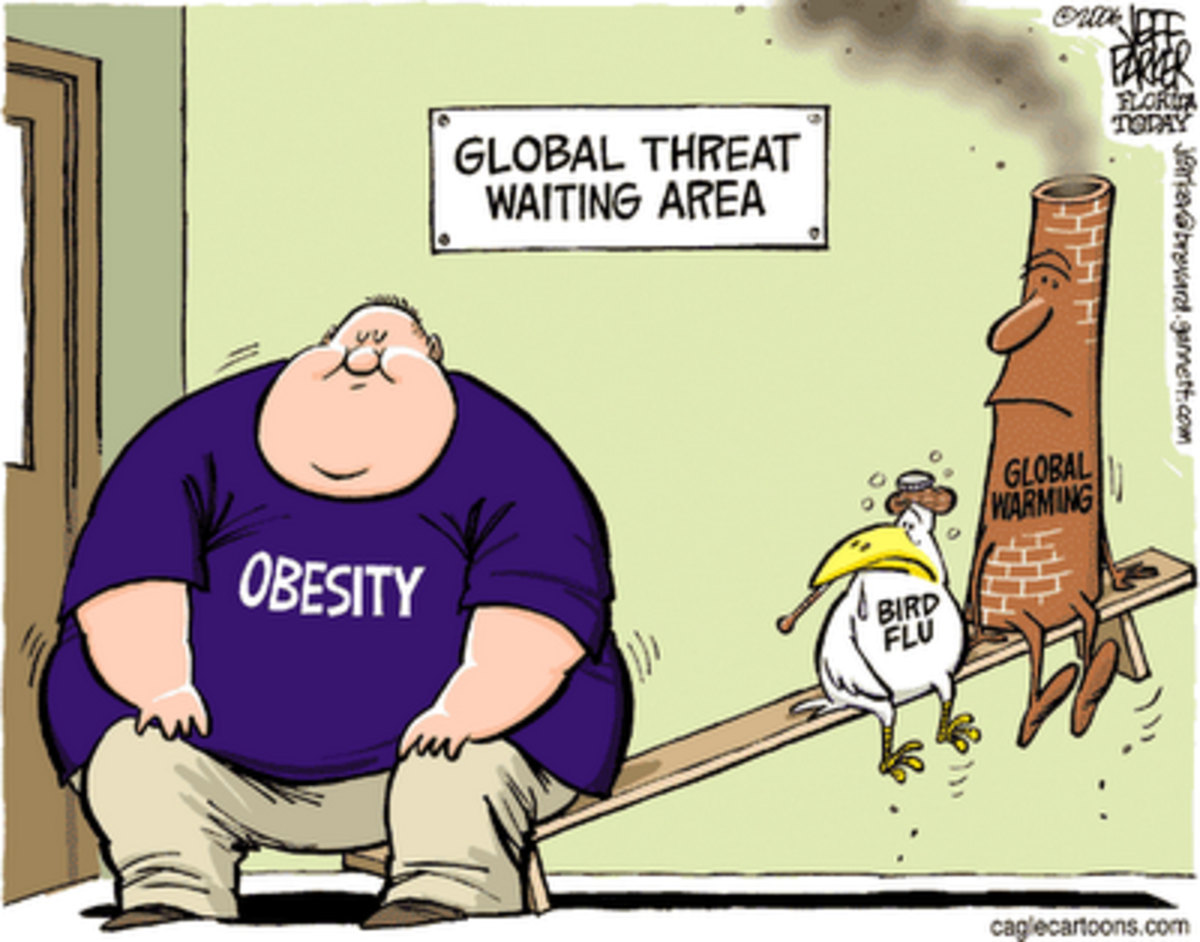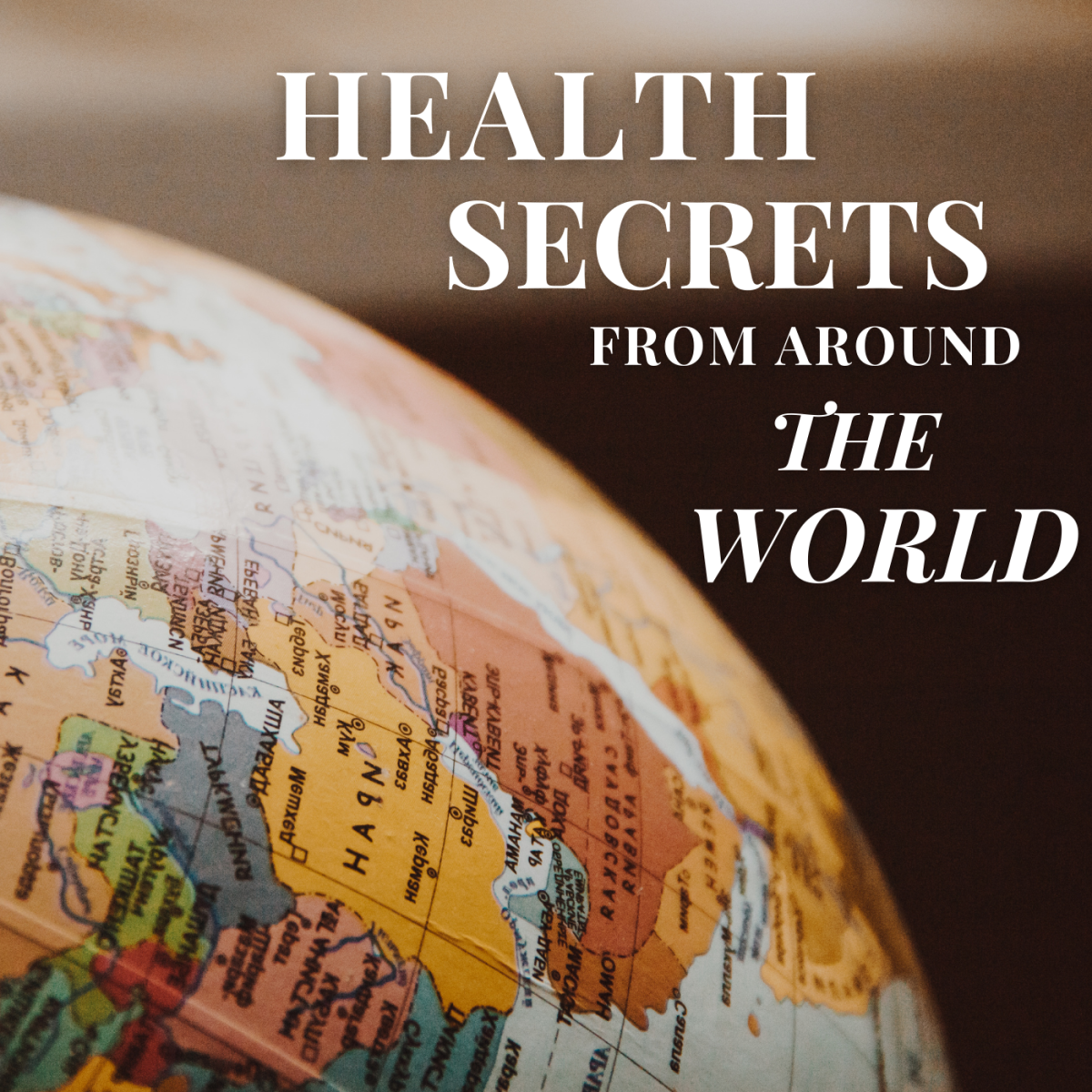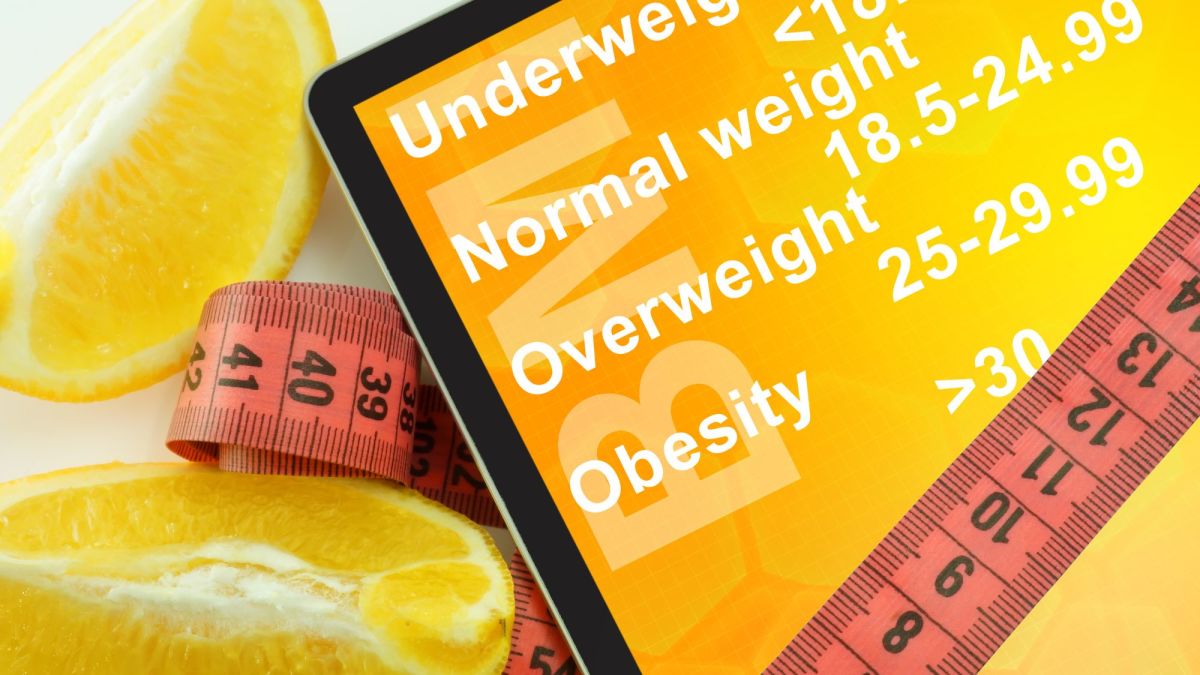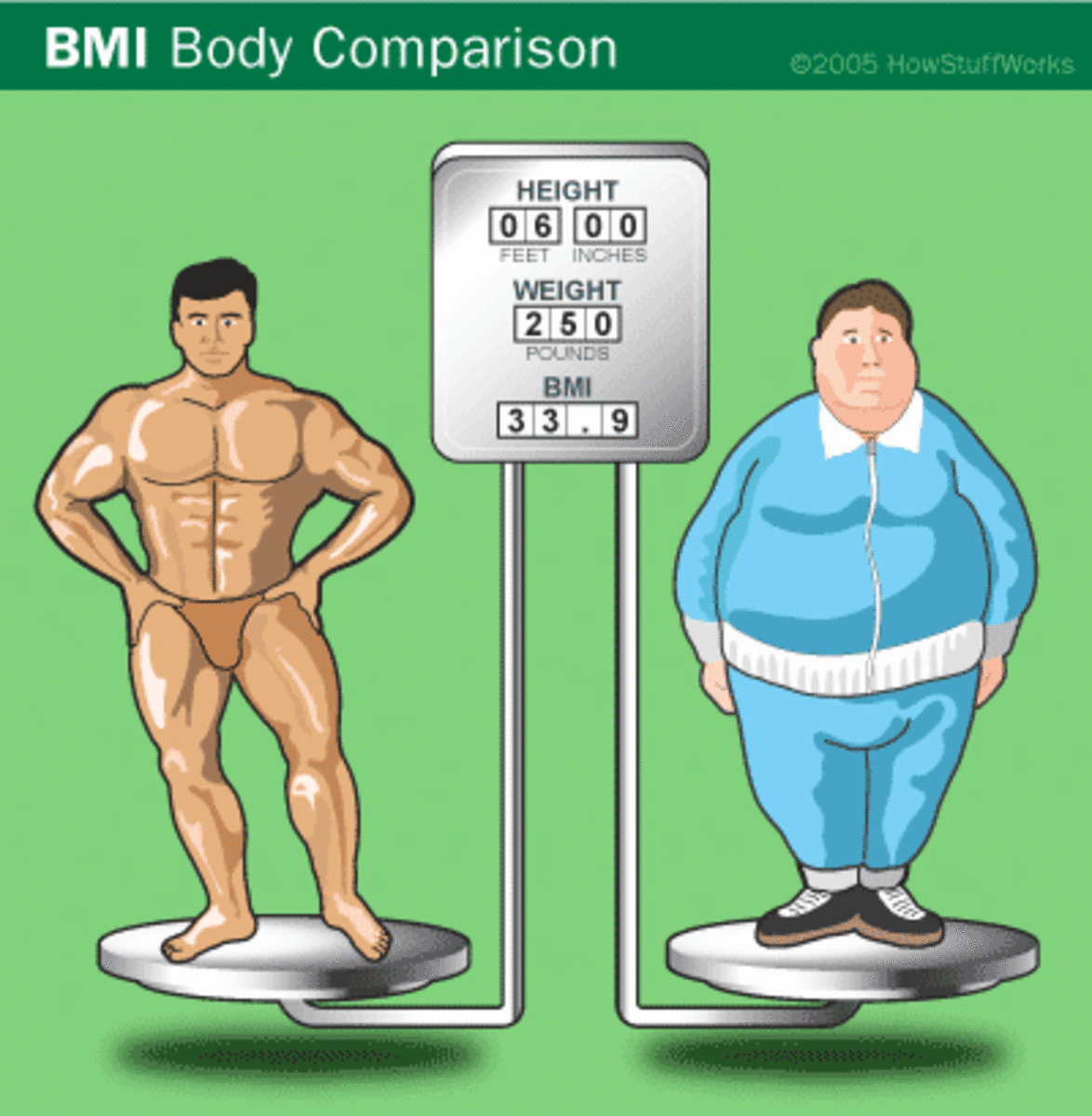Fat Chance: An Obesity Lawsuit Survey
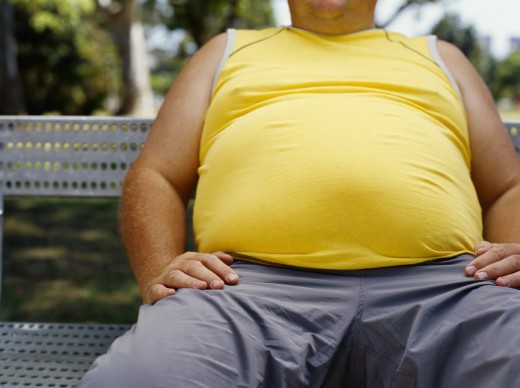

How would you describe your health habits?
These questions were presented to me by a college student performing a field study entitled "Obesity Lawsuit Field Research." Here is how I responded. How would you answer these questions?
Since obesity related illnesses are now the second largest killer of Americans, do you think people have a right to sue fast food companies for making them overweight and unhealthy?
This is faulty reasoning. I suppose people could try to sue fast food companies, but it is groundless to believe that these companies do anything to keep them overweight or being unhealthy. Food industries make food—unhealthy as much of it may be—but consumers must choose to buy it and eat it and continue to buy and eat it.
Further, buying and eating fast food is probably not the only reason people are overweight of those who consistently choose fast food. Their choices and habits are often unhealthy ones (some would say at the mere mention of fast food), including spending too little time trying to be fitter; thus they become fatter.
This is a strictly personal problem. I believe that if someone waged this fight, it would quickly get into lifestyle issues they neither wished nor expected to discuss.
If children grow up unhealthy and overweight because of their parent’s choices in feeding them, do they have the right to sue their parents when they reach a certain age?
I think it would be hard to prove that a child is unhealthy and overweight due to what was placed on the table over the course of the first 16 to 18 years. Despite what the child had to eat, I feel fairness suggests some examination of his or her biological and social development. The truth could be that the parents fed the child well but the child wasn’t active or puberty’s effect was to force him or her to be the kind of adult that must be more active and health-conscious.
It’s a stretch to play this blame game. Maybe parents should get an award for just feeding their children considering the problem of child neglect today. Should children, even the offspring of rape or incest, also be allowed to sue for being born, about which they had no decision?
What is more important to you: that the government protect citizens from harming themselves or that people exercise the right to do whatever they want and deal with the consequences on their own? How would you explain your stance to someone whose opinion opposed yours?
Let people exercise their freedom to choose and face their own consequences. The truth is most of us are more libertarian on this issue than not. It is not the government’s place to parent us. We wouldn’t like it very much. In fact, the government cannot stop any person from harming him- or herself if that one is determined to do so, whether they see it that way or not. It is the government’s role, however, to stop people from hurting others uninvolved, and this is why laws on smoking and drinking and cell phones and cyberspace are now developing at rapid pace.
Eating is a tricky one: a person eats to his or her own detriment—unless you’re a parent feeding a child or some company manipulating food science essentially to addict people. But how then can the government be so certain about these issues and control what happens at your table? It’s a sticky situation very much illustrated currently in the airline industry’s tussle with obese people and seat purchases. Can a company legally fire you for being too fat or refusing to partake in some type of health and/or weight loss program?
In the end we all have to be big boys and girls, do the right thing, and care for ourselves or just know that we have created the consequences that come on us.
How much does lack of exercise play into the fact that all children born after 2000 may have a 1:3 chance of developing diabetes?
Type 1 diabetes is gene-based; Type 2 diabetes is lifestyle-based. Most people have Type 2 diabetes that is resultant of poor eating and exercise habits. It is a known fact—and a proven one—that with healthy eating and dutiful exercise the chances of getting Type 2 diabetes can be reduced by 90 percent. In fact, diabetes usually disappears in those who change their habits.
How would you answer these questions?


